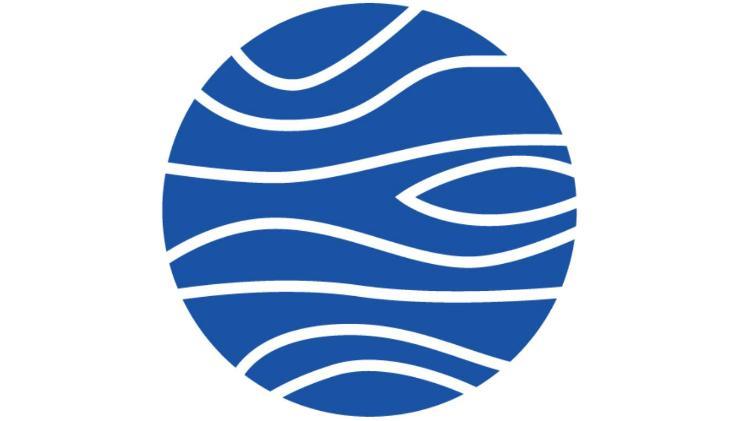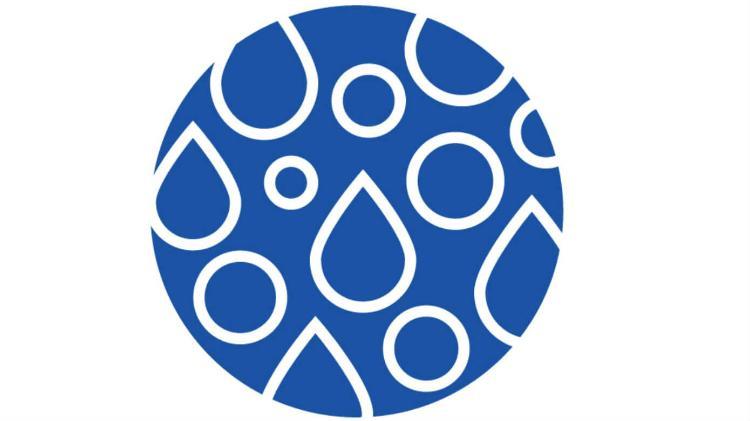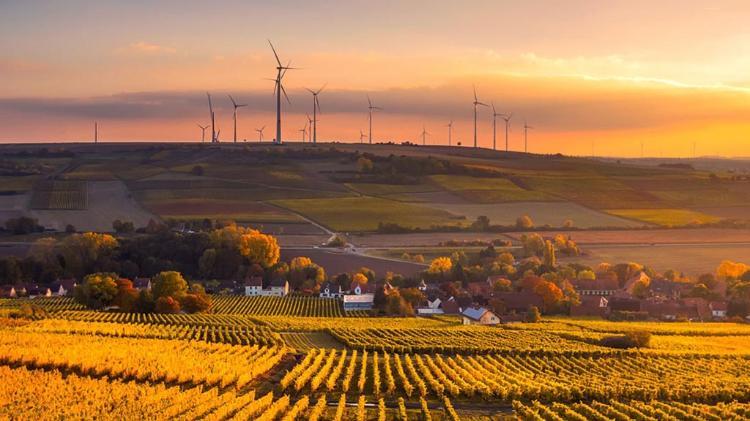ACCESS Research
Contemporary global conditions are characterised by profound change, uncertainty and innovation, arising from intertwined environmental, economic and social processes. These processes are transforming relationships between society and environment as they rework social relations, cultural norms, community capacities and institutional practices.
Australian Centre for Culture, Environment, Society and Space
[Pauline] For our planet to prosper in the future we've got some real challenges about how we understand the relationships between the human and the nonhuman world. My name is Pauline McGuirk and I'm the Director of ACCESS, the Australian Centre for Culture, Environment, Society and Space.
[Nicholas] My name's Nicholas Gill and I'm one of the researchers in ACCESS and also the Deputy Director. I think the overarching challenge in living with environmental change is that many of the issues we deal with are not going away. Climate change is not going away, invasive plants and other animals are not going away. What we have to do is find ways, strategies principles that we can live with these kinds of non-human phenomenon in the long term.
[Pauline] Our researchers have had lots of impact, both through working with students but also through working with government departments, with community organisations and with various forms of media.
[Nicholas] I think one general area we're having an impact in, is looking at the ideas and the cultural practices that drive resorts consumption and issues such as land use. So two examples would be, how the ways in which we consume energy in households and also looking at what constitutes looking after agricultural land and how farming practises flow from that.
[Pauline] Right now in ACCESS, we're really interested in building our international links. Through these new links we're going to build our research capacity to address our key research platforms but we're also looking to bring international PhD students to Wollongong and to encourage Wollongong students to visit other international universities.
[Nicholas] I think one of the valuable things about our research is that although we think big, you know we think about big picture change, climate change and all those kinds of things, we also think very much about people's everyday lives, what they value, how they get around, the food they consume, how we're going to continue to meet those kinds of needs, is something that our research can contribute to.
[Pauline] Our research really unpacks those relationships, tries to generate new ways of thinking about them and it creates really important knowledge that can inform policymakers, about how we might need to change the way we manage the planet.
[Music]
- End Transcript




